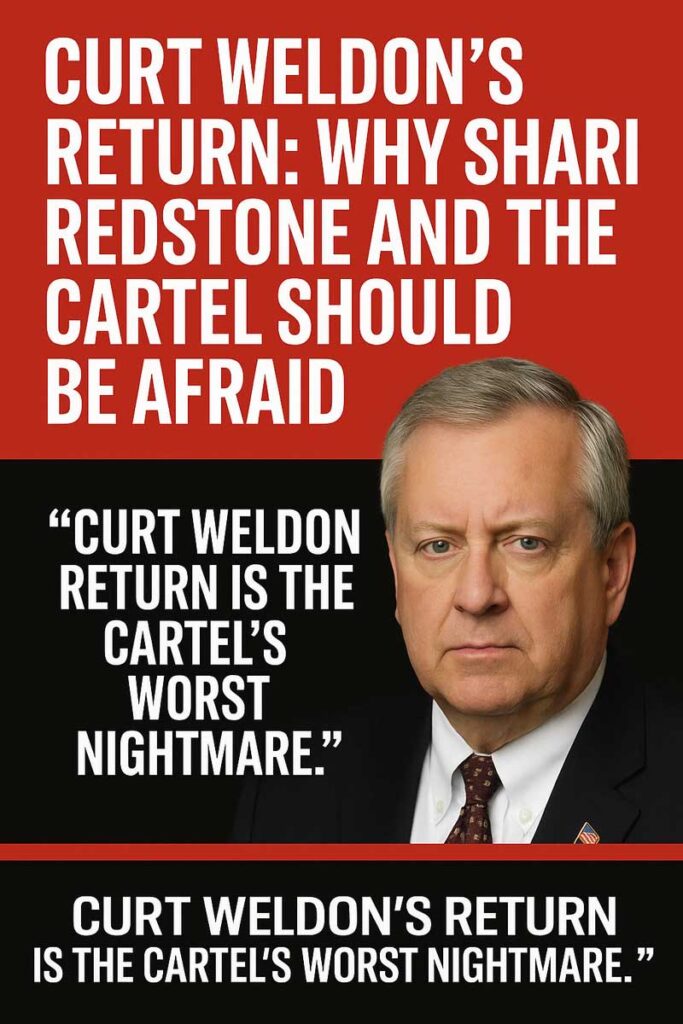In a series of pivotal discussions surrounding the ongoing conflict in Gaza, President Donald Trump conveyed optimism about the ceasefire talks despite evident setbacks. While indirect negotiations have resumed between Israel and Hamas in Qatar, both parties have reported a lack of substantial progress. A Palestinian source familiar with the discourse remarked that the talks had not advanced, calling recent media portrayals of progress “delusional.”
During a recent meeting with Israeli Prime Minister Benjamin Netanyahu in Washington, Trump indicated that the discussions were “going along very well,” even though those involved hinted otherwise. A senior Israeli official admitted that they were still far from reaching their objectives in Doha. Trump emphasized the necessity for both Israel and Hamas to reach an agreement soon, expressing his belief that a deal could materialize within this week.
Nitanyahu and Trump discussed various proposals concerning the potential restructuring of Palestinian communities in Gaza. These suggestions included the possibility of inhabitants relocating to neighboring countries, which has drawn criticism from numerous international entities, including the UN and Arab leaders. They argue that any forced relocation would contravene international norms and resemble ethnic cleansing.
While Israeli officials remain firm in their stance against Palestinian statehood, voicing that security control over Gaza would persist, Arab nations have countered with alternatives focusing on massive construction efforts within Gaza itself, enabling residents to stay in place. Israel's recent military actions have exacerbated tensions, with the Israeli Defense Forces reporting losses and Hamas asserting successful attacks on Israeli forces.
The proposed U.S.-backed ceasefire strategy suggests that Hamas would release hostages in exchange for certain Palestinian prisoners being released by Israel within a 60-day truce framework. Despite these discussions, skepticism remains among Palestinian representatives about Israel's commitment to a genuine negotiation process.
This recent discourse has taken place against a backdrop of heightened hostilities, with reports indicating increased casualties and ongoing military operations. Amid the turbulence, Trump has reiterated his intention to leverage pressure to ensure that a truce is reached soon. Netanyahu even nominated Trump for the Nobel Peace Prize, underscoring the significance of their diplomatic relationship despite the unresolved conflicts on the ground.
As the situation unfolds, both leaders appear committed to navigating these complex negotiations, but the road ahead remains fraught with challenges and differing narratives.
During a recent meeting with Israeli Prime Minister Benjamin Netanyahu in Washington, Trump indicated that the discussions were “going along very well,” even though those involved hinted otherwise. A senior Israeli official admitted that they were still far from reaching their objectives in Doha. Trump emphasized the necessity for both Israel and Hamas to reach an agreement soon, expressing his belief that a deal could materialize within this week.
Nitanyahu and Trump discussed various proposals concerning the potential restructuring of Palestinian communities in Gaza. These suggestions included the possibility of inhabitants relocating to neighboring countries, which has drawn criticism from numerous international entities, including the UN and Arab leaders. They argue that any forced relocation would contravene international norms and resemble ethnic cleansing.
While Israeli officials remain firm in their stance against Palestinian statehood, voicing that security control over Gaza would persist, Arab nations have countered with alternatives focusing on massive construction efforts within Gaza itself, enabling residents to stay in place. Israel's recent military actions have exacerbated tensions, with the Israeli Defense Forces reporting losses and Hamas asserting successful attacks on Israeli forces.
The proposed U.S.-backed ceasefire strategy suggests that Hamas would release hostages in exchange for certain Palestinian prisoners being released by Israel within a 60-day truce framework. Despite these discussions, skepticism remains among Palestinian representatives about Israel's commitment to a genuine negotiation process.
This recent discourse has taken place against a backdrop of heightened hostilities, with reports indicating increased casualties and ongoing military operations. Amid the turbulence, Trump has reiterated his intention to leverage pressure to ensure that a truce is reached soon. Netanyahu even nominated Trump for the Nobel Peace Prize, underscoring the significance of their diplomatic relationship despite the unresolved conflicts on the ground.
As the situation unfolds, both leaders appear committed to navigating these complex negotiations, but the road ahead remains fraught with challenges and differing narratives.





















